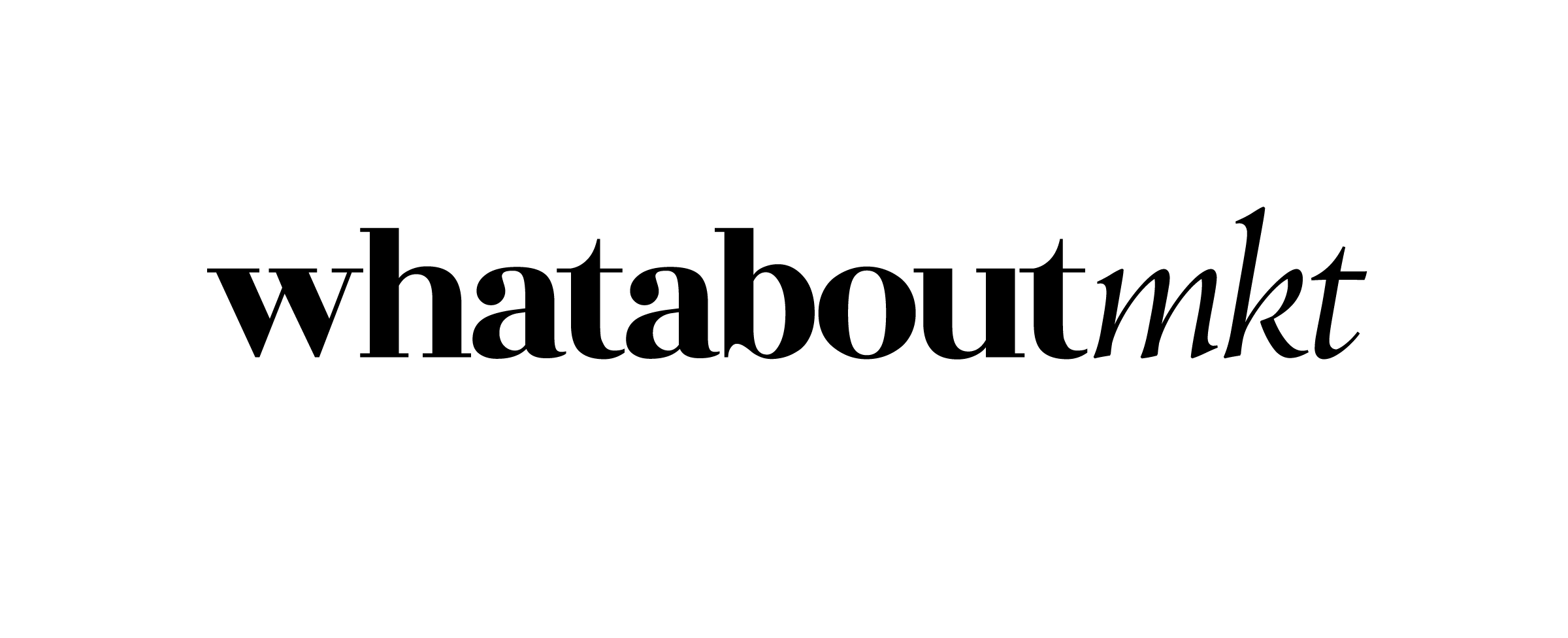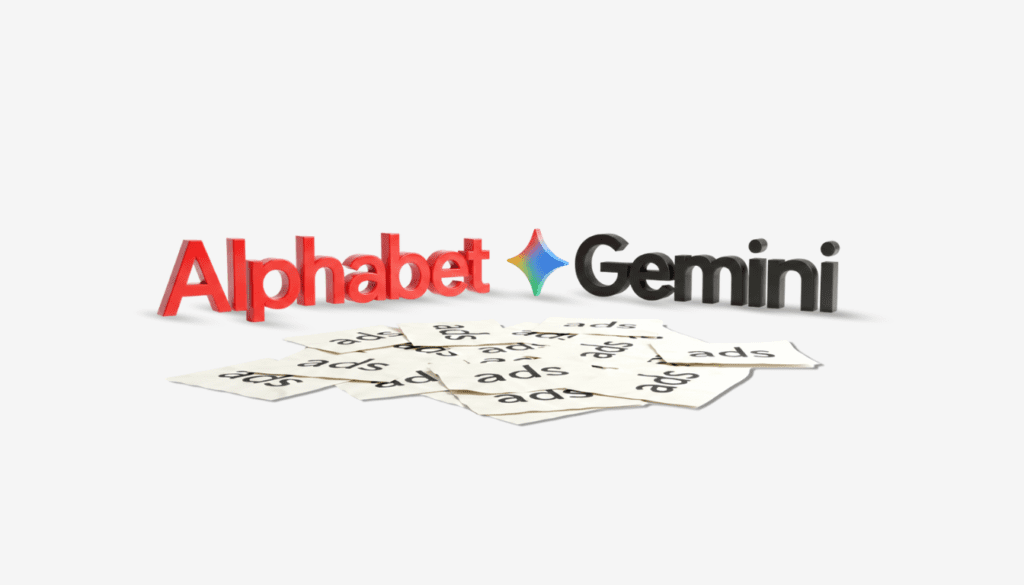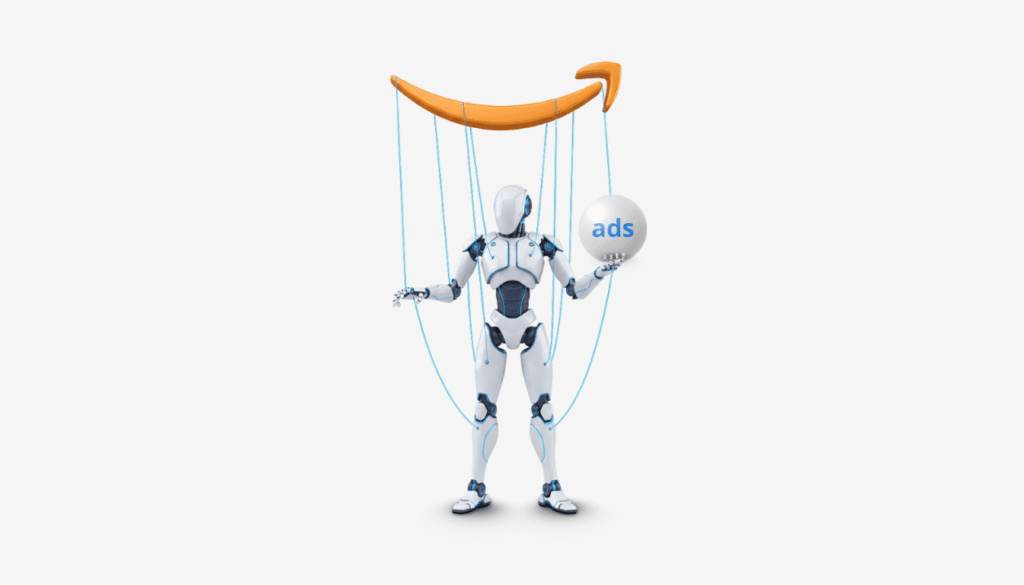Ralph Lauren has spent a quarter-century exploring how technology can enhance the brand’s worldview. This week, the company transitioned from experimentation to everyday utility with Ask Ralph, an AI styling assistant integrated into its U.S. app. Developed using Microsoft and OpenAI models, the tool answers fashion questions in natural language. It assembles complete looks from its current inventory. Its training set isn’t the open web; it’s Ralph Lauren’s own archives, lookbooks, and editorial photography, material that encodes what the house considers good, effortless, and appropriate. That foundation is deliberate: the promise of AI here isn’t novelty but consistency.
David Lauren, the company’s chief branding and innovation officer, is clear-eyed about the trade-offs. Early outputs won’t always land. Some answers will feel generic. However, the key is to shorten the feedback loop, ship, learn, iterate, so that the system becomes more personal and on-brand with each cycle. In an industry that reveres control, putting an AI in front of customers is, in fashion terms, a runway risk. The bet is that taste can be taught, and that customers will reward the convenience if the advice feels like Ralph Lauren rather than a mall.
From Archive to Algorithm
Ask Ralph was trained on decades of imagery and product storytelling precisely to avoid the trap of “any-brand” answers. When a user asks, “What do I wear to a garden wedding at dusk?” the assistant can recommend a head-to-toe look with accessories that match the house’s color palette and proportion, then link directly to purchase. Even small touches, like the perennial question about wearing white after Labor Day, matter, because they signal the tool understands etiquette as much as inventory. The aim is not just conversion but editorial fidelity: to make the shopping path feel as guided as a private appointment.
Luxury’s Automation Dilemma
High-end retailers have been cautious with generative AI for a reason: luxury is as much choreography as it is commerce. Over-automation risks sanding the edges off a brand’s voice, while under-automation misses the discovery and convenience that customers now expect. Ralph Lauren’s approach, with a single-brand catalog, a brand-trained corpus, and curated outfits, tries to square that circle. It keeps the recommendation scope narrow and taste tightly policed, while still delivering the speed and breadth that chat interfaces enable. If successful, the model provides a blueprint for luxury houses that want to leverage AI’s benefits without compromising their identity.
Two Decades of Digital as Rehearsal
This launch reads more like a progression than a pivot. Ralph Lauren was among the earliest luxury brands to sell online at scale in 2000, a time when customers were still hesitant to enter their credit card numbers. The company’s subsequent experiments, including QR on tags, augmented reality, touchscreen retail, shoppable windows, “magic mirrors,” a heart-rate-tracking PoloTech shirt, and a holographic runway, were not gimmicks for their own sake. They taught the brand how to weave technology into storytelling, retail, and production without overwhelming the clothes. Ask Ralph builds on that muscle memory, swapping spectacle for service.
What Success Will Look Like
The first metric is not raw usage, but rather the quality of engagement: do people ask a follow-up question, refine their look, or save a recommendation? Next comes commercial impact, conversion, and average order value on AI-assisted sessions, and, crucially, whether customers report that the advice felt “like Ralph Lauren.” Internally, the signal to track is how quickly the team can turn a bad answer into a better one through prompt tuning, tighter guardrails, and cleaner product data. The faster that loop spins, the more the assistant behaves less like a generic chatbot and more like a trained stylist.
The Risks Worth Taking
There are pitfalls. Hallucinated items or off-code pairings can erode trust. An overly efficient interface can feel transactional, which is not why people shop for luxury. And personalization will eventually require explicit consent and careful data governance. Yet the bigger risk is waiting. Generative AI has transitioned from lab novelty to customer expectation in under three years. Brands that learn in public, ship controlled, on-brand experiences, and absorb criticism as free product research, will be better positioned when AI becomes a table stake rather than a headline.
The Signal to The Sector
Ask Ralph suggests a future where a house’s aesthetic is not just visible in campaigns but operationalized in software. If the assistant can consistently recommend outfits that feel edited by Ralph Lauren himself, the company will have turned a signature point of view into a scalable service. That could nudge luxury peers off the sidelines and into their own brand-trained copilots. In the end, “entering the AI age” is less about adopting a technology than proving that taste can survive translation. Ralph Lauren is wagering it can, and that customers will notice.









